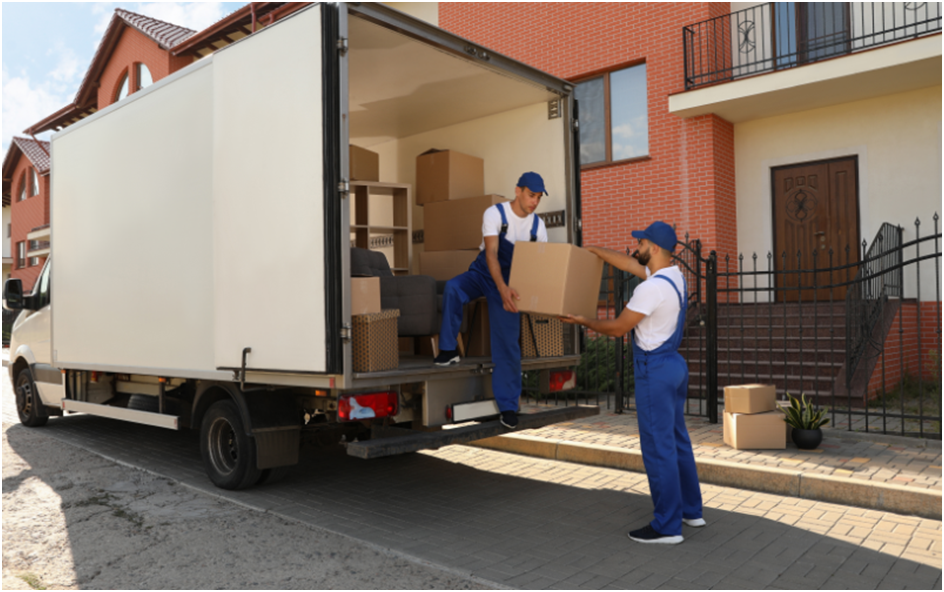Moving to a new house or office in Singapore can be a daunting task, especially when choosing the right movers and understanding the costs involved. To help you navigate this process effectively, we delve into the intricacies of house mover rates, unpacking what factors influence pricing and how to ensure you get value for your money.
Mover Costs in Singapore
The cost of movers in Singapore might vary greatly depending on a number of critical aspects. These include the size of your move, the distance between locations, the complexity of the job (e.g., special items like pianos or artwork), and the additional services you opt for, such as packing and unpacking services. It’s essential to request detailed quotes from multiple movers to compare prices accurately and understand what each quote includes.
Factors Influencing House Mover Rates
- Size and Scope of the Move: The volume of items being moved directly impacts the cost. Larger moves require more manpower and potentially larger vehicles, which can drive up costs. Additionally, if you have bulky or heavy items that require special handling, this may incur additional charges.
- Distance Between Locations: The distance movers travel between your old and new locations is a significant cost factor. Longer distances typically mean higher transportation costs and possibly more time required for the move, impacting overall rates.
- Packing and Unpacking Services: Opting for professional packing and unpacking services can streamline your move, and add to the total cost. Movers charge based on the number of items packed or the time spent packing, so it’s crucial to discuss these services upfront and include them in your quote.
Navigating Different Types of Mover Costs
- Hourly Rates vs. Flat Rates: Movers in Singapore often offer either hourly rates or flat rates for their services. Hourly rates are common for local moves and can vary depending on the size of the crew. Flat rates, on the other hand, provide a fixed cost for the entire move, which can be more predictable for budgeting purposes but may not always include additional services.
- Additional charges: Be aware of potential additional charges such as fees for moving heavy or oversized items, stair fees for properties without elevators, long carry fees for distances from the truck to your door, and fuel surcharges. Understanding these potential extras upfront can prevent surprises on a moving day.
Tips for Getting the Best Value
- Plan Ahead: Start planning your move well in advance to have ample time to research movers, compare quotes, and schedule your preferred moving date. This preparation can help you secure better rates and ensure availability.
- Get Multiple Quotes: Don’t settle for the first quote you receive. Shop around and obtain estimates from at least three different movers. It helps in comparing costs and gives you a sense of the level of service each mover offers.
- Review the Fine Print: Before signing any contract, carefully review the terms and conditions, including what is covered in the quote, potential additional charges, and the mover’s insurance coverage. Clarify any uncertainties with the mover to avoid misunderstandings later.
Choosing the Right Mover
When selecting a mover in Singapore, prioritise reliability, experience, and reputation over price alone. Reading reviews and seeking recommendations from friends or colleagues can provide valuable insights into a mover’s service quality and customer satisfaction.
Conclusion
Navigating house mover rates in Singapore requires a clear understanding of the factors influencing costs, types of charges involved, and proactive planning. By following these insights and tips, you can make informed decisions, avoid common pitfalls, and ensure a smooth and stress-free moving experience tailored to your needs and budget.
Contact Moving Kaki today for more information.











